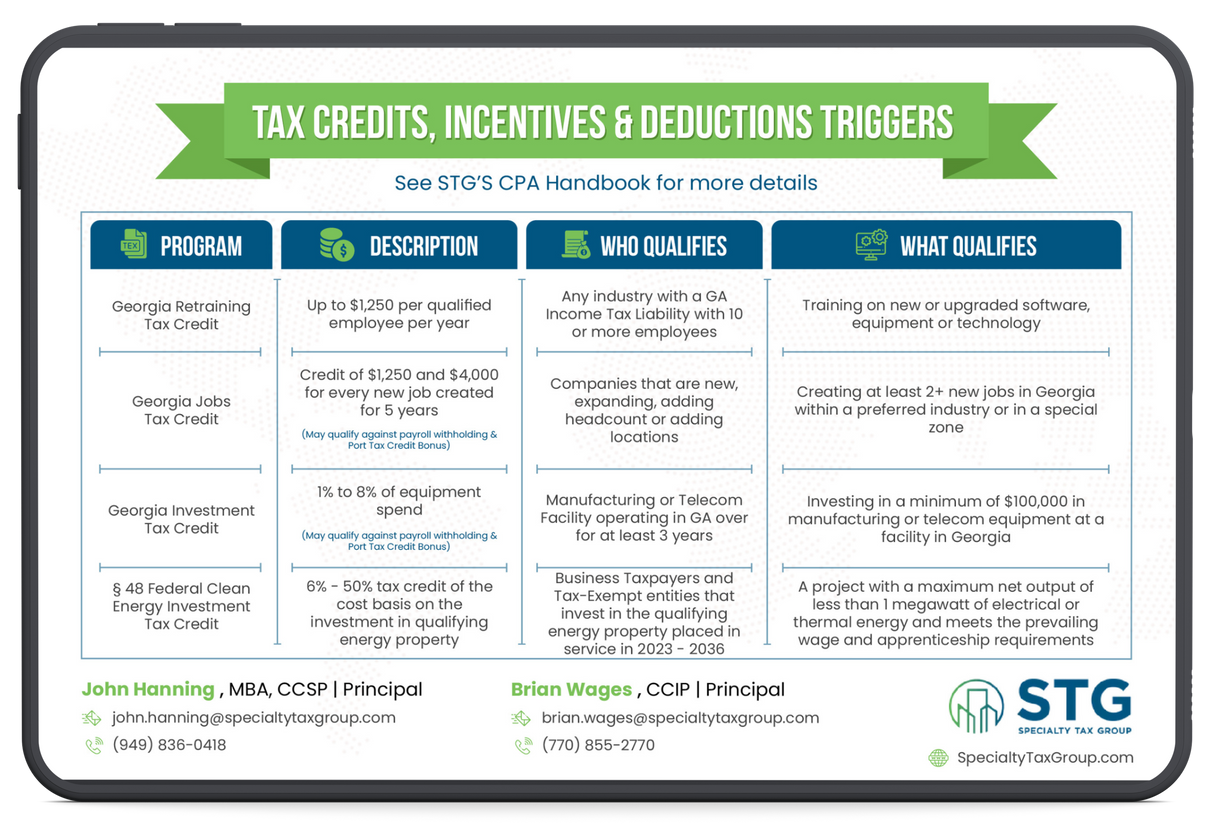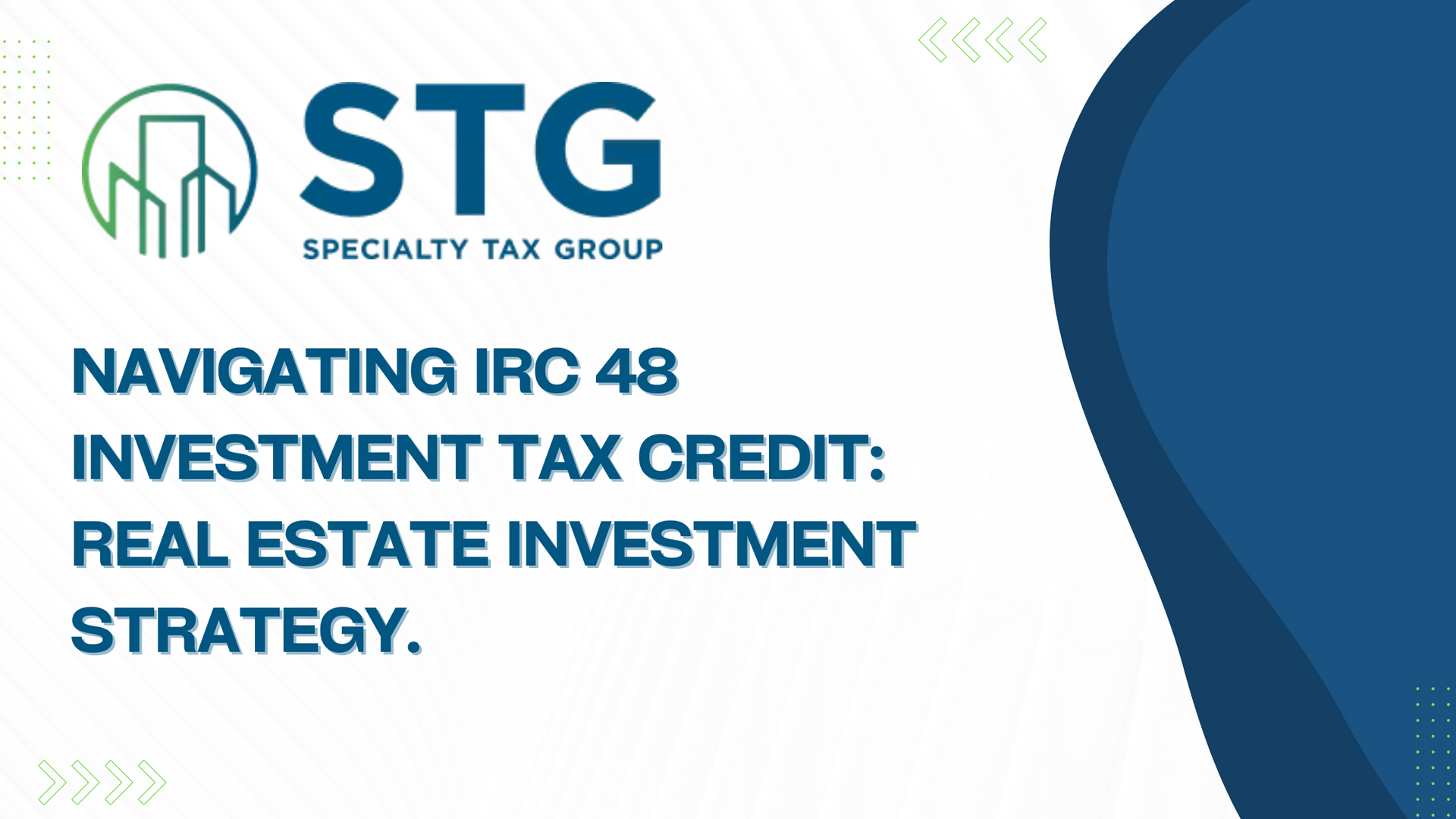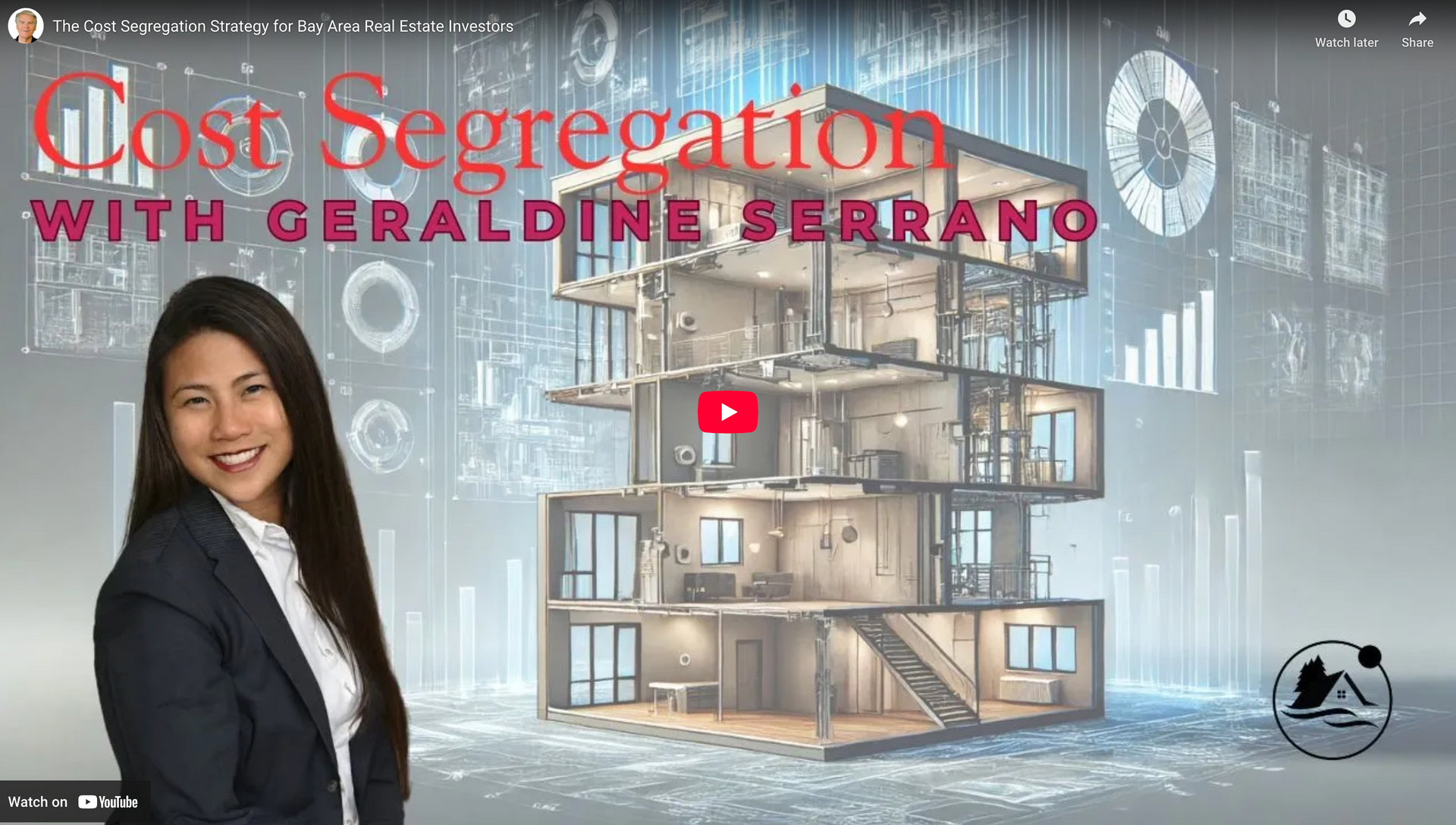This blog post has been researched, edited, and approved by John Hanning and Brian Wages. Join our newsletter below.
Newsletter Form
Retailers and other non-residential businesses can now increase their cash flow by claiming certain assets on their property as Qualified Improvement Property (QIP). This strategy works by allowing business owners to increase their tax deduction amounts at the end of the year.

What Is Qualified Improvement Property (QIP)?
QIP is an IRS classification assigned to specific, "qualified" improvements to a nonresidential (commercial) property. Its purpose is to allow nonresidential businesses to make improvements to the interiors of their buildings, and then get that money back by claiming tax deductions on the depreciation of those alterations.
The end goal is to help businesses increase their capital more easily, and without having to submit legal paperwork to market regulators.
Initially, due to a clerical error in the Tax Cuts and Jobs Act (TCJA) of 2017, QIP assets were set to depreciate over a term of 39 years. However, the Coronavirus Aid Relief and Economic Security (CARES) Act, signed into law on March 27th, 2020, corrected this error and made QIP eligible for 100% bonus depreciation retroactively from 2018.
The Consolidated Appropriations Act, 2023, signed into law on December 29, 2022, further extended the 100% bonus depreciation for QIP through 2023. After 2023, the bonus depreciation percentage for QIP will phase down annually as follows:
- 80% for property placed in service in 2024
- 60% for property placed in service in 2025
- 40% for property placed in service in 2026
- 20% for property placed in service in 2027
The bonus depreciation for QIP will be completely phased out after 2027.
What Are The Rules For Claiming Improvements As QIP?
As with any tax deduction strategy, there are certain rules and restrictions business owners must follow.
For an improvement to be classified as a Qualified Improvement Property, it must be:
- Made by the taxpayer
- Made to an interior portion of a nonresidential (commercial) building
- Made to a building that is already in service
One notable restriction within these guidelines is alterations to elevators and escalators. These do not qualify as interior improvements.
While residential buildings, including apartments, are not eligible for QIP, commercial businesses such as retailers, hotels, restaurants, and industrial companies should take advantage of this strategy to increase their cash flow.
How Does QIP Increase Cash Flow For Businesses?
The tax deductions that a nonresidential business claims for its QIP leaves more cash in their bottom line for them to invest in other parts of their company. For example, they could funnel that money into building a new location to grow their footprint, hire marketers or other types of business specialists to optimize their output, or purchase new software and trainings to improve their workflows.
How Do I Find Out If My Business Qualifies For QIP?
To learn more about QIP and how it can benefit your business, please
contact our tax experts at Specialty Tax Group today.





